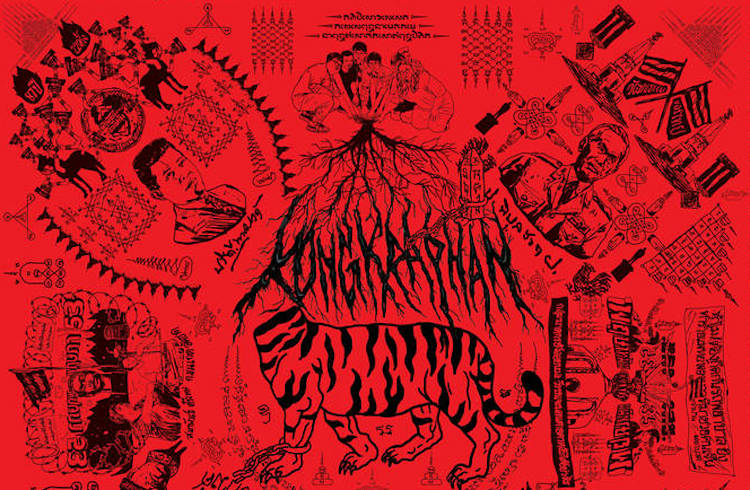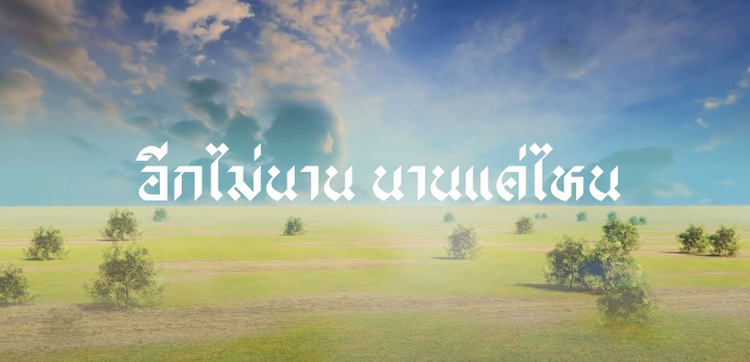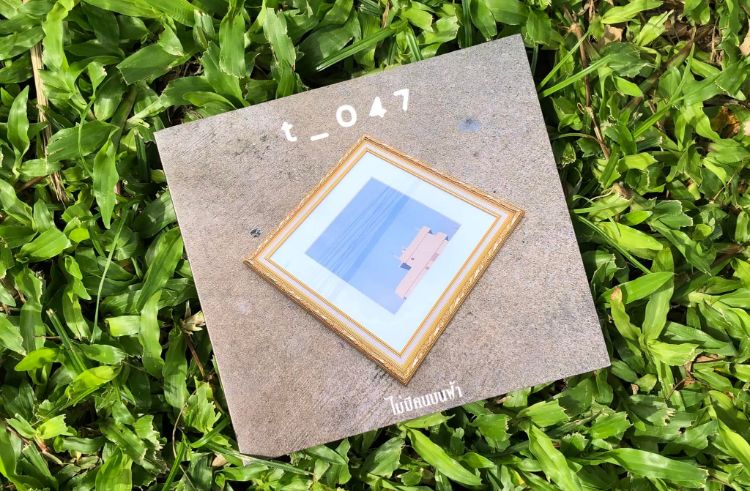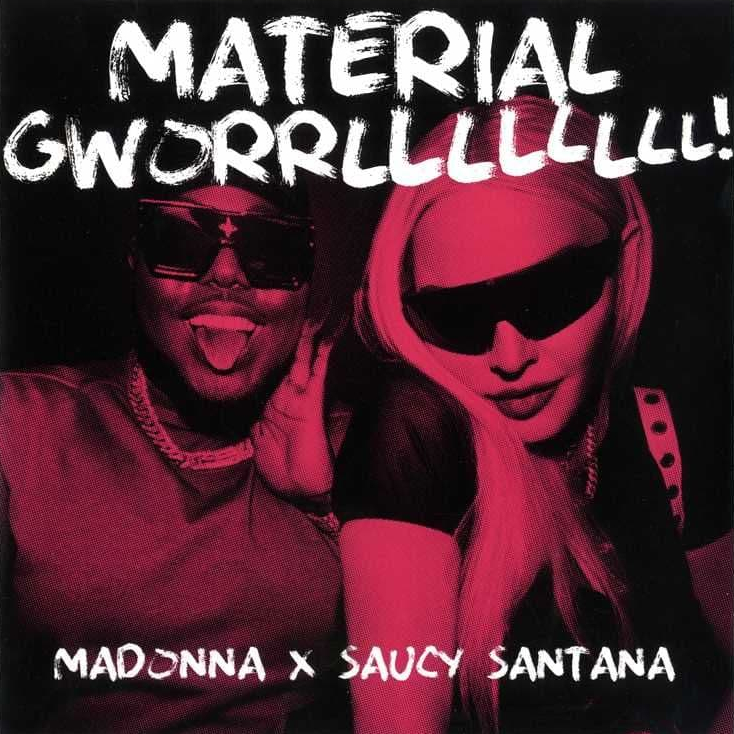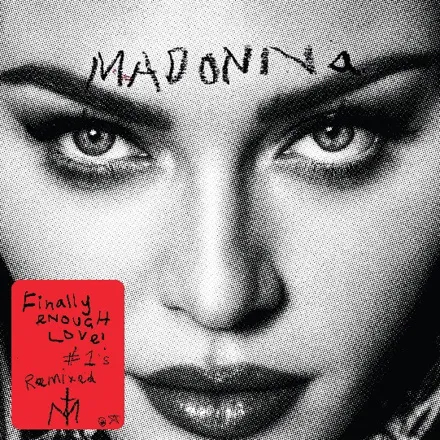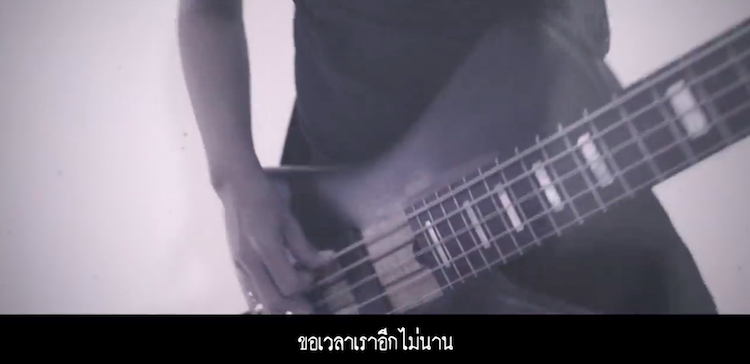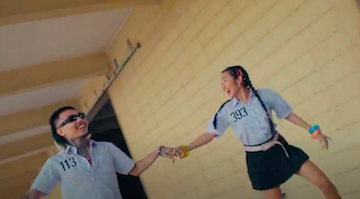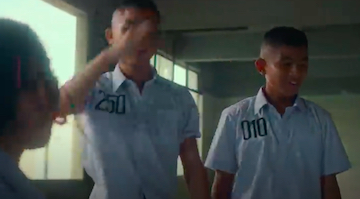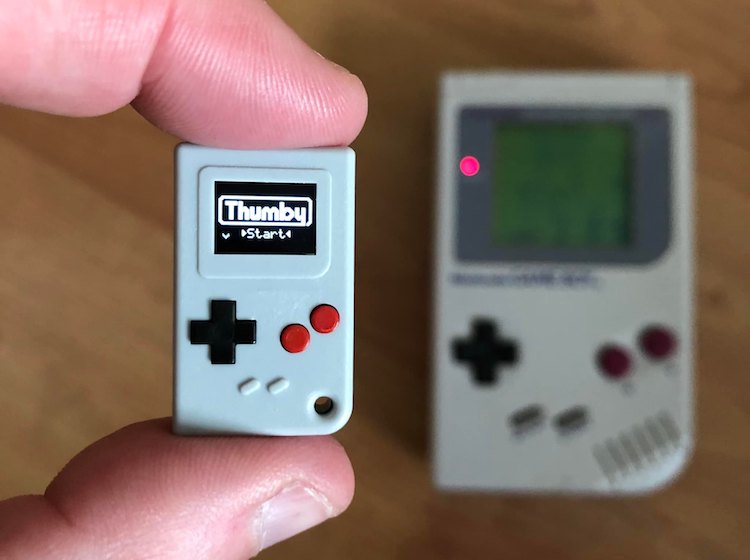
Earlier this year, TinyCircuits launched the Thumby, the smallest games console in the world, which has a ridiculously tiny ½" black-and-white OLED screen. (The product was crowd-funded, as was the tiny Projecteo slide projector in 2013.) Designed and manufactured in Ohio, the Thumby was inspired by the Nintendo Game Boy (model DMG-01) from 1989, though it’s a fraction of the size. The Game Boy Camera accessory was the world’s smallest digital camera in 1998, and NHJ’s Snap camera was advertised as such in 2004. More recently, the smallest digital cameras on the market—notably Westminster’s model 4217 (2021), and the slightly smaller MellowCase model RX420 (2018)—have adopted a cubical form factor. (The MellowCase camera is also branded as MHDYT and NIYPS. Simplified versions of these cubical cameras, without internal batteries or recording functions, are used as vehicle reversing cameras.) The smallest digital pico projector, Orimag’s model P6, was released in 2017.
The smallest digital cassette formats were both developed by Sony: the NT (audio) in 1992, and the microMV (video) in 2001. (Sony’s final microMV camcorder, the DCR-IP1 from 2002, is the world’s smallest videocassette camcorder.) In digital audio, Samsung (model YP-T5 from 2004) and MobiBLU (model DAH-1500i from 2005) both briefly produced the world’s smallest MP3 players, though that title currently belongs to Apple’s third generation iPod Shuffle from 2009. (Most versions were aluminium, though the stainless steel edition was especially desirable.) In the UK, Goodmans released the world’s smallest digital radio (model GHDAB101) in 2008, though this was superseded in 2018 by the Hong Kong company Nuzamas. The Russian Edic-mini’s premium Tiny range of digital audio recorders—notably the B22 (2012) models—are the smallest in the world. The UK tech company Zini produced a range of Zanco miniature cellphones, including the world’s smallest, the Tiny T1 (2018).
Miniaturisation was a key selling point for consumer technology long before the digital era, and there have also been similar trends in other fields, such as transport, though for very different reasons. There was a mid-century vogue for microcars and ‘bubble cars’, for example: the Messerschmitt KR200, BMW Isetta, and Austin Mini were popular following the 1956 Suez crisis, due to their fuel efficiency. The tiny Peel P50 was the smallest production car ever made, and at more than 100 miles per gallon of petrol, Peel claimed that it was almost cheaper than walking.
But technological miniaturisation isn’t primarily driven by economic factors. Instead, smaller gadgets (such as Sony’s Walkman range, launched in 1979 with the model TPS-L2) are created because they’re more convenient, and because innovation makes them possible. Cameras, audio player/recorders, and other devices have been shrunk to pocket size thanks to the development of ever more complex transistors and integrated circuits, a trend that Gordon Moore noted in 1965. (‘Moore’s law’ states that processing power doubles every two years.)

Miniature Photography and Video
The most famous subminiature cameras, and those with the highest optical quality, were produced by Minox in Germany. Their first model, from 1936, had a stainless steel body. After World War II, Minox released the model A, with the same design as the original in a lighter aluminium body. This was followed by the slightly larger model B, with an in-built light meter. At the other end of the quality spectrum, in the UK, Corona’s Midget camera (1935) was given away with breakfast cereal. The world’s smallest camera, the Petal, was released in Japan in 1947. This minuscule camera, manufactured by Sakura Seiki from chrome-plated brass, is barely larger than a coin. The original circular model was followed by the Everax A (engraved with a floral motif) and a rare octagonal version. In the 1950s, Tougodo’s Hit range became a generic term for all Japanese subminiature cameras (known in Japan as mame kamera or ‘bean cameras’). Polaroid launched its Go model in 2021, advertised as the world’s smallest analogue instant camera, though the Polaroid model 200 from 2004—the last in its popular i-Zone range aimed at teenagers—was even smaller.
The world’s smallest cine camera, the Bolsey 8, was released in 1956. With its stainless steel body, this is a beautiful machine, and it remains the smallest analogue moving-picture camera of any kind. Sony’s Ruvi (model CCD-CR1), from 1998, is the smallest analogue videocassette camera in the world. It used Hi8 videotape, in a reusable cartridge that also contained the tape mechanism, making it significantly smaller even than Sony’s hand-held Handycam range (which began with the model CCD-TR55 in 1989). The smallest movie projectors were manufactured by Kern of Switzerland in 1926—the Micro-Ciné and Presenta Pocket Ciné—both of which projected 9.5mm film cartridges using a bulb powered by an external battery pack.
When it comes to handheld televisions, two manufacturers dominated the market: Sony and Casio. The Sony Watchman (model FD-210) was launched in 1982, with a black-and-white CRT screen, and Casio introduced the first LCD screen only a year later (model TV-10). In 1992, Casio’s CV-1 model was the smallest TV thus far, though it needed an external battery and an earpiece antenna. Seiko released its TV watch in 1982, a breakthrough in wearable technology with a tiny 1¼" screen, though it required a separate tuner unit and an earpiece antenna. (Model numbers—DXA-001 and DXA-002 in Japan; T001-5000 and T001-5019 elsewhere—varied according to which accessories were included.) Another TV watch, NHJ’s VTV-101 (and its European model, VTV-201) from 2004, also needed an earpiece antenna. The world’s smallest self-contained TV was released in China less than a decade ago, branded as both MyTech (model MT-101) and Leadstar (model LD-777). Sony’s XDV-G200 from 2008, with a 2" screen, was one of the smallest digital TVs. The TinyTV Mini from TinyCircuits, announced this year and due for release next year, doesn’t receive TV broadcasts, but it is the world’s smallest self-contained video player, with a 0.6" OLED screen. MobiBLU’s Cube 2, from 2006 (and its successor from 2008, the Cube 3) had the same size screen, but in a slightly larger 1" case.
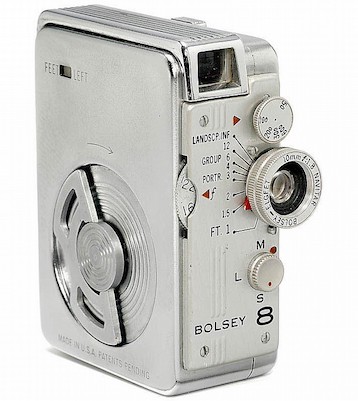

Miniature Audio
The sleek Sony M-909 microcassette unit (1991) is often said to be the world’s smallest tape player/recorder, though the Olympus Pearlcorder L400 microcassette player/recorder, released a year later, is even smaller. Dictaphone’s picocassette from 1985 is the smallest cassette ever made, but was only compatible with its model 4250 player/recorder. (The 4250 is smaller than the M-909, though not as small as the L400.)
The first transistor radio, Regency’s TR-1, was launched in the US in 1954, but Japanese radios quickly dominated the market after the release of Sony’s iconic model TR-610 in 1958 (and the model TH-666 from Hitachi in 1959, which was briefly the world’s smallest). Miniature Japanese transistor radios were popular in the 1960s, a trend initiated by Standard’s Micronic Ruby range in 1962. (Like the Bolsey 8, Ruby radios were packaged in silk-lined boxes to equate them with items of jewellery.) The Belmont Boulevard (1945), with five subminiature tubes, was the world’s first pocket-sized radio. Later, Planatair’s model 76404 (circa 1960) crystal set and Sinclair’s Micromatic transistor unit (1967) were advertised as the world’s smallest radios, though they lacked in-built speakers. (The Micromatic design was copied by the Canadian firm Clairtone in 1968.) Circa 1995, the American Technology Company launched its Ultralite 2000, an earpiece radio with a digital tuner that was the world’s smallest.

The smallest record players were sold as toys. The Poynter toy company released its Mighty Tiny children’s record player in 1967, promoted as the world’s smallest. Then, in 1987, the same company beat its own record, with a miniature plastic replica Victrola gramophone. The Soundwagon, made in Japan by Tamco (based on a 1976 Sony design), was sold as a toy, though the packaging for its 2018 relaunch—Stokyo’s Record Runner, also made in Japan—states that it’s not suitable for children. (It also includes a disclaimer that the product may scratch records; these devices were nicknamed ‘vinyl killers’, with good reason.) The Record Runner was promoted as the world’s smallest record player, though it’s bigger than Poynter’s Victrola. The smallest record in the world was released in 2017: Split, a 1" single by GX Jupitter-Larsen and Zebra Mu, lasting only eight seconds on each side. Since then, two other bands have also issued 1" records: Ten Seconds of Your Life You Will Never Get Back by The Rusty Nuts, and We Hate 2Minute Minor by 2Minute Minor (both released in 2020).


